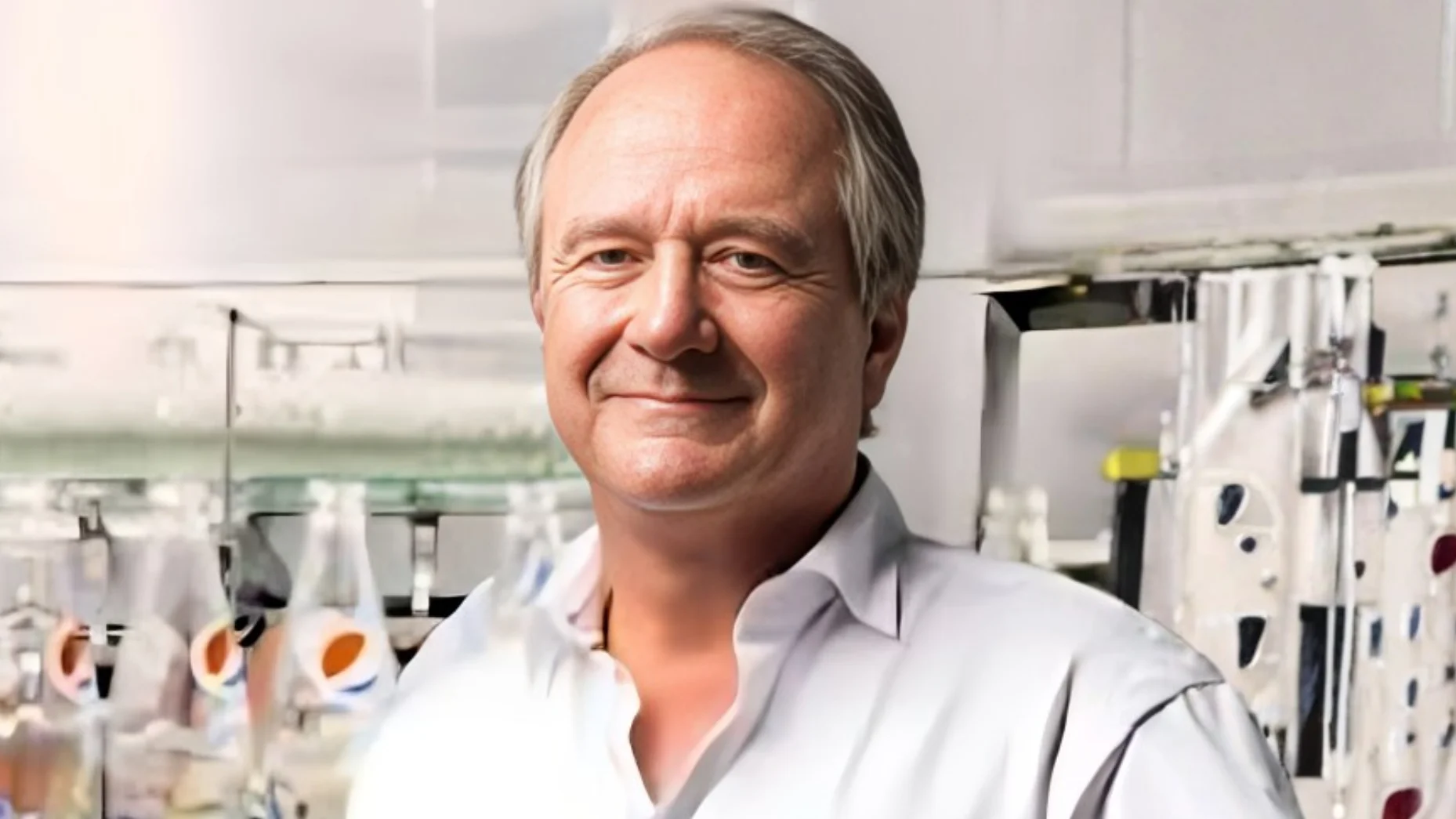cbc (Central de Bebidas) has taken part in a forum organized by the World Intellectual Property Organization (WIPO) focused on addressing plastic waste pollution in the Caribbean. The event highlighted the importance of cross-sector cooperation and technology in finding sustainable solutions to environmental challenges.
According to cbc, "We understand the seriousness of the environmental challenges facing our planet today, especially the problem of plastic waste pollution in sensitive regions such as the Caribbean."
The forum was convened by WIPO, a specialized United Nations agency that promotes intellectual property protection worldwide. WIPO plays a key role in encouraging innovation and creativity for global economic, social, and cultural development. In environmental matters, WIPO supports using intellectual property tools to generate innovative solutions for pressing issues like plastic waste management.
cbc emphasized its commitment to protecting natural environments in the Caribbean due to their ecological and economic significance. The company stated that safeguarding these areas is essential not only for conservation but also for local community well-being.
As part of its corporate responsibility efforts, cbc participates in Recycling Partner of Jamaica—a collaboration involving businesses, NGOs, and Jamaica’s government. This initiative aims to reduce plastics entering oceans and landfills through efficient recycling programs, public awareness campaigns, and improved waste management infrastructure. cbc noted that this partnership enables it to work with key regional stakeholders on effective strategies for recycling and managing plastic waste.
During the forum, Anecia Walters (Transformation Manager) and Bianca Fakhourie (Corporate & Legal Affairs Specialist) represented cbc with an aim "to collaborate on identifying and applying innovative and sustainable solutions that use intellectual property to mitigate the environmental impact of plastic waste in the region."
Effective management of plastic waste offers several benefits for Caribbean communities—improving health outcomes, supporting local economies reliant on tourism and fishing, creating new jobs through clean technologies, and preserving natural resources.
cbc reiterated its commitment: "We are committed to employing our experience and resources in seeking solutions that address the immediate problem of plastic pollution while promoting long-term sustainable development." The company added that international collaboration is crucial: "Our commitment to sustainable development is firm and ongoing. We recognize the importance of working hand-in-hand with the international community, private sector, NGOs, and local communities to create lasting positive impact. Only through cooperation and innovation can we overcome environmental challenges and chart a path toward a sustainable future for all."

 Alerts Sign-up
Alerts Sign-up